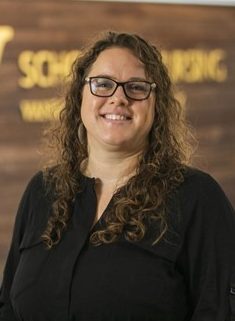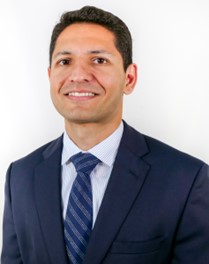Governance Committee
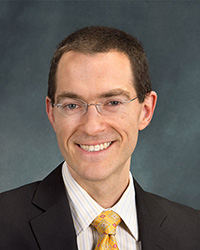
President (Term 2024-2025)
Mark Oldham, MD
Dr. Mark Oldham, MD, is an Associate Professor of Psychiatry at the University of Rochester Medical Center who completed a fellowship in consultation-liaison psychiatry at Yale. His clinical work centers on team-based models of proactive psychiatric consultation. He also serves as a deputy editor of the Journal of the Academy of Consultation-Liaison Psychiatry. Dr. Oldham is supported by a K23 award from the NIA with a focus on the relationship between sleep/wake disturbance and both delirium and Alzheimer’s disease and related dementias. He aims to refine the field’s model of delirium and integrate clinical phenotypes with the various underlying encephalopathies.
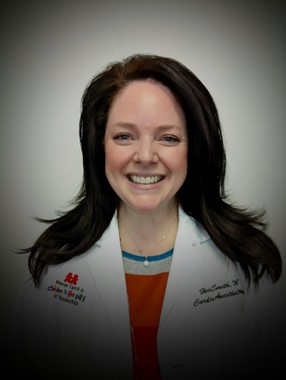
President-Elect (Term: 2024-2025)
Treasurer (Term 2024-2025)
Heidi Smith, MD, MSC, MSCI
Dr. Heidi AB Smith is a pediatric cardiac anesthesiologist and intensivist at Vanderbilt University Medical Center with a focus on delirium and neurocognitive recovery in infants and children in the setting of critical illness. She has developed highly valid and reliable delirium screening tools adapted appropriately for the developmental variances from the neonatal period to adolescence. She has served as Chair for the Society of Critical Care Medicine ICU Liberation Committee and Pediatric Sedation Taskforce. Dr. Smith founded the ADS-supported Pediatric Special Interest Group (Mini-MINDS) and serves as the Board of Director liaison for Mini-MINDS and the ADS Membership Committee.
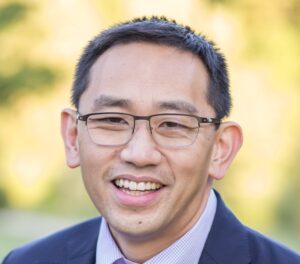
Secretary (Term 2024-2025)
Ben Julian Palanca, M.D., Ph.D., M.S.C.I.
Dr. Ben Julian Palanca is a tenured Associate Professor of Anesthesiology and Psychiatry at Washington University School of Medicine in St. Louis, with an affiliated faculty appointment in the Department of Biomedical Engineering at Washington University in St. Louis.
As a physician-scientist, he leads the Sleepy Brain Lab at investigating novel markers and interventions for neuropsychiatric disorders. Dr. Palanca’s research efforts focus on three areas: postoperative delirium, treatment-resistant depression, and the interface between anesthetized and sleep states.
Dr. Palanca is actively involved in Washington University Center on Biological Rhythms and Sleep, the American Delirium Society, and the Association of University Anesthesiologists. He serves as an ad hoc reviewer for the NIH Aging Systems and Geriatric Study Section. He is excited to become a contributing member of the ADS Board of Directors
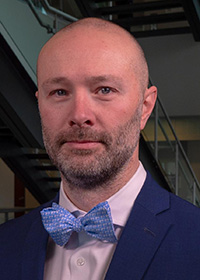
Immediate President (Term: 2024-2025)
Noll Campbell, PharmD, MS
Noll L. Campbell, PharmD, MS is an Associate Professor in the College of Pharmacy at Purdue University. Dr. Campbell received his PharmD degree from Butler University, completed a pharmacy practice residency at St. Vincent Hospital in Indianapolis, then a geriatric pharmacotherapy residency at the University of North Carolina in Chapel Hill, NC. As an investigator with the Indiana University Center for Aging Research and the Regenstrief Institute, Inc., his research focuses on the effect of medications on the prevention and treatment of delirium and dementia. His research is funded by the NIH, AHRQ, and industry.
Board Members
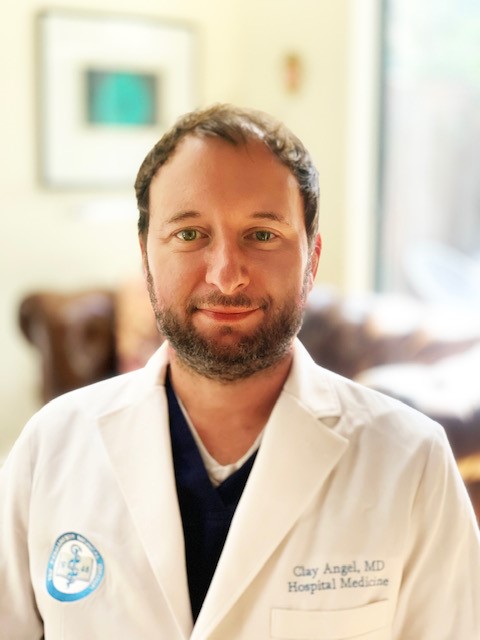
Clay Angel, MD
Dr. Clay Angel is an internal medicine hospitalist with additional training in hospice and palliative care medicine. Dr. Angel completed his internal medicine residency in Oak Park, IL and moved to the Bay Area in 2005, joining KP San Rafael in 2006 where he held various roles including assistant chief of hospital medicine, chief of skilled nursing department and chair of credentialing and privileging.
In January 2017, Dr. Angel transferred to KP-San Jose to lead the hospital medicine expansion work in Santa Cruz County at Watsonville Community Hospital. Other medical interests include standardizing and spreading best practices in delirium care for fragile elderly hospitalized patients. He serves as co-lead for the KP NCAL regional delirium management initiative and currently serves on the board of the American Delirium Society, most recently completing the 2021-2022 presidency role.
Over the past 5+ years at WCH, Dr. Angel has been actively involved in medical staff leadership and currently serves as the chair of quality council as well as credentials and privileging and was elected vice Chief of Staff in June 2020. He transitioned into the Chief of Staff role in June 2022.
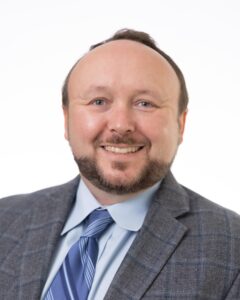
Adrian Austin
I am an Intensivist, Pulmonologist and Geriatrician. My clinical interests are preserving older adults functionality by focusing on disorders of the respiratory system, and managing issues faced by survivors of severe critical illness. My research focuses on reducing the incidence and impact of delirium. Primarily, I am interested in using pharmacogenetics driven medication selection to reduce delirium in the ICU setting. I also have an interest and expertise in using telemedicine for delirium assessment.
Leanne Boehm, PhD, RN, ACNS-BC, FCCM
Dr. Boehm focuses her research on strategies to improve outcomes for the critically ill. Her primary research interests include exploration of interventions to improve interprofessional protocol implementation, adherence, and fidelity in the acute care setting; implementation of ICU peer support and diary programs with exploration of the associated patient, staff, and organizational outcomes; and exploration of interventions to reduce the burden of Post-Intensive Care Syndrome.
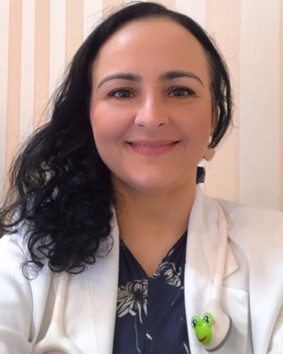
Roberta Esteves Vieira de Castro, MD, MSC, PHD
Roberta Esteves Vieira de Castro is a Brazilian pediatric intensivist at the Rio de Janeiro State University, and has MS in Maternal and Child Health and PhD in Medicine. She is a member of the Brazilian Network of Research in Pediatrics from D’Or Institute for Research and Education in Rio de Janeiro, and a columnist in a Brazilian electronic medical portal. Her research focus is sedation, analgesia, and delirium in critically ill children. She received the Twitter award from iDelirium for the World Delirium Awareness Day and coordinates the Latin American Delirium Interest Group.
Sikandar Khan, MS, DO
Dr. Sikandar Khan (@ICUKhan) is an Assistant Professor in the Division of Pulmonary and Critical Care at Indiana University School of Medicine, and a Physician Scientist at the Indiana University Center for Aging Research. Through his work as Director of the IU Health ICU Survivor Center, he provides clinical care for survivors of delirium and critical illness. His mission is to improve brain care for patients during and after the ICU. His research is focused on the nexus of acute respiratory failure, ICU delirium, and cognitive and physical function outcomes in ICU survivors.
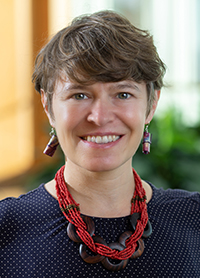
Heidi Lindroth, PhD, RN
Dr. Heidi Lindroth is a practicing ICU clinician-nurse scientist and agile implementation scientist at Mayo Clinic. Her vision is a world without delirium. Her passion for improving delirium care stems from witnessing first-hand the terror and lasting detrimental impact of delirium. Scientific focus areas include the codesigning of technology with patients, care partners, and the healthcare team to reduce delirium severity using data science techniques such as artificial intelligence. Dr. Lindroth joined the American Delirium Society in 2016, co-chairs the social media certificate program, and is thrilled to be a member of the Board of Directors. Twitter ~ @minipixie26
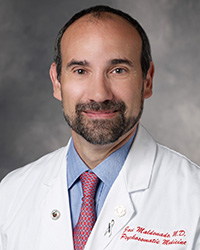
Jose Maldonado, MD, FAPM
Dr. Maldonado is an Associate Professor of Psychiatry, and by courtesy of Medicine, Surgery and Emergency Medicine at Stanford University School of Medicine and Associate Professor of Law at Stanford School of Law. He serves as the Chief of the Medical and Forensic Psychiatry Section, and Medical Director of the Psychosomatic Medicine Service. In September 2003 Dr Maldonado joined the faculty of Stanford’s Center for Biomedical Ethics and served as co-Chair of the Biomedical Ethics committee at Stanford Medical center, for ten years ending in 2009. Dr. Maldonado is director of the Psychiatry & the Law course at Stanford Law School.
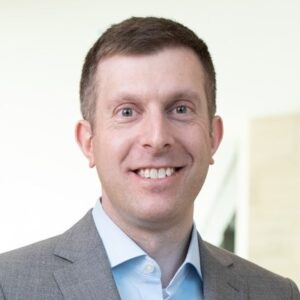
John Newman
Dr. John Newman is a geriatrician physician-scientist, Assistant Professor at the Buck Institute for Research on Aging and Associate Professor of Medicine in the Division of Geriatrics at UCSF. His mission is to apply advances in the understanding of aging biology to improve the health and preserve the independence of older adults. He leads a translational research program spanning biochemistry, mouse models, and human studies to apply aging biology mechanisms to better understand and reveal new therapeutic targets for delirium. His clinical work focuses on preventing delirium and other complications of hospitalization among older veterans at the San Francisco VA Medical Center.
Esther Oh, MD, PhD
Dr. Oh is the Sarah Miller Coulson Human Aging Project Scholar and an Associate Professor in the Division of Geriatric Medicine and Gerontology at the Johns Hopkins University School of Medicine. Her overarching clinical and research interests are in the field of Alzheimer’s disease (AD) and its interrelationship with delirium. Her work is anchored in building innovative research communities to spur non-siloed, horizontal discussion and networking at all levels and stages of the research and innovation process. Her expertise allows her to link efforts across biology of healthy aging, clinical care, education, and health systems spectrum.
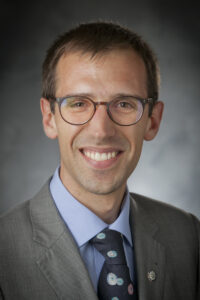
Niccolo Terrando, Ph.D.
Dr. Terrando is a tenured Professor in the Department of Anesthesiology, with secondary appointments in Cell Biology and Integrative Immunobiology at Duke University. His translational research program is funded by multiple awards from the National Institute on Health, foremostly the Institute on Aging. The mission of his laboratory is to understand neuroimmune interactions during delirium following anesthesia and surgery, especially in the context of aging and neurodegeneration.

